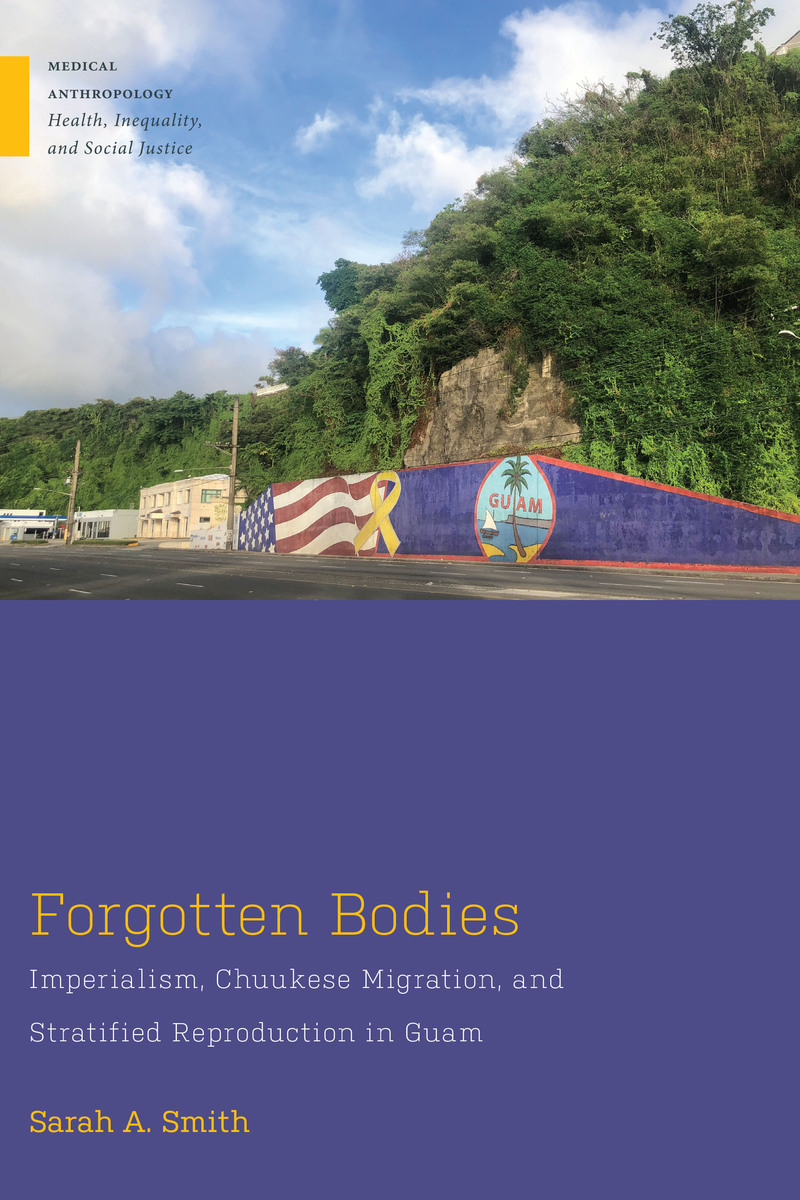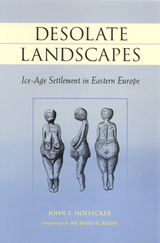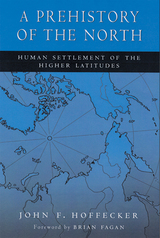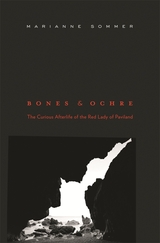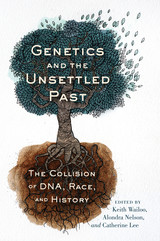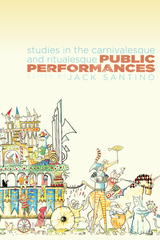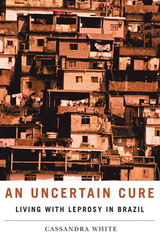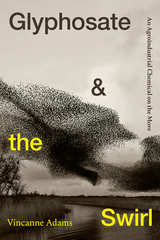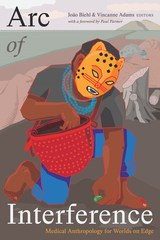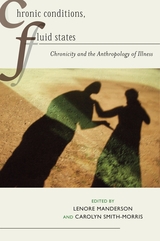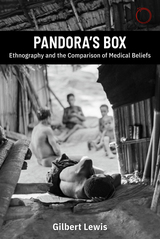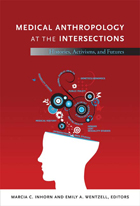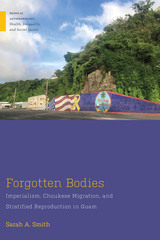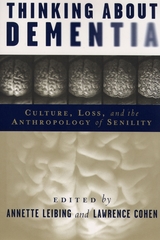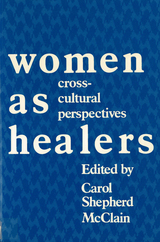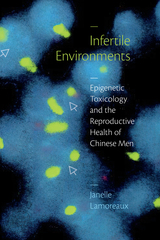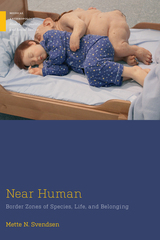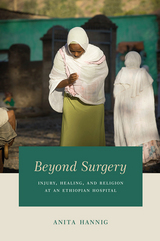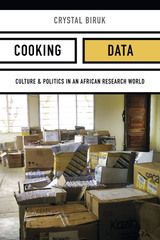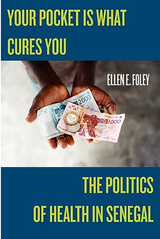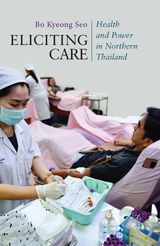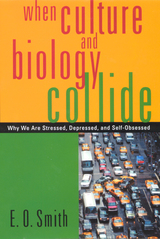Forgotten Bodies: Imperialism, Chuukese Migration, and Stratified Reproduction in Guam
Rutgers University Press, 2024
Cloth: 978-1-9788-3261-9 | Paper: 978-1-9788-3260-2 | eISBN: 978-1-9788-3262-6 (ePub) | eISBN: 978-1-9788-3264-0 (PDF)
Library of Congress Classification GN296.S588 2023
Dewey Decimal Classification 306.461
Cloth: 978-1-9788-3261-9 | Paper: 978-1-9788-3260-2 | eISBN: 978-1-9788-3262-6 (ePub) | eISBN: 978-1-9788-3264-0 (PDF)
Library of Congress Classification GN296.S588 2023
Dewey Decimal Classification 306.461
ABOUT THIS BOOK | AUTHOR BIOGRAPHY | REVIEWS | TOC
ABOUT THIS BOOK
Women from Chuuk, Federated States of Micronesia, who migrate to Guam, a U.S. territory, suffer disproportionately poor reproductive health outcomes. Though their access to the United States is unusually easy, through a unique migration agreement, it keeps them in a perpetual liminal state as nonimmigrants, who never fully belong as part of the United States Chuukese women move to Guam, sometimes with their families but sometimes alone, in search of a better life: for jobs, for the education system, or to access safe health care. Yet, the imperial system they encounter creates underlying conditions that greatly and disproportionately impact their ability to succeed and thrive, negatively impacting their reproductive health. Through clinical and community ethnography, Sarah A. Smith illuminates the way this system stratifies women’s reproduction at structural, social, and individual levels. Readers can visualize how U.S. imperialist policies of benign neglect control the body politic, change the social body, and render individual bodies vulnerable in the twenty-first century but also how people resist.
See other books on: Asian Studies | Australian & Oceanian Studies | Birth control | Health aspects | Medical anthropology
See other titles from Rutgers University Press
